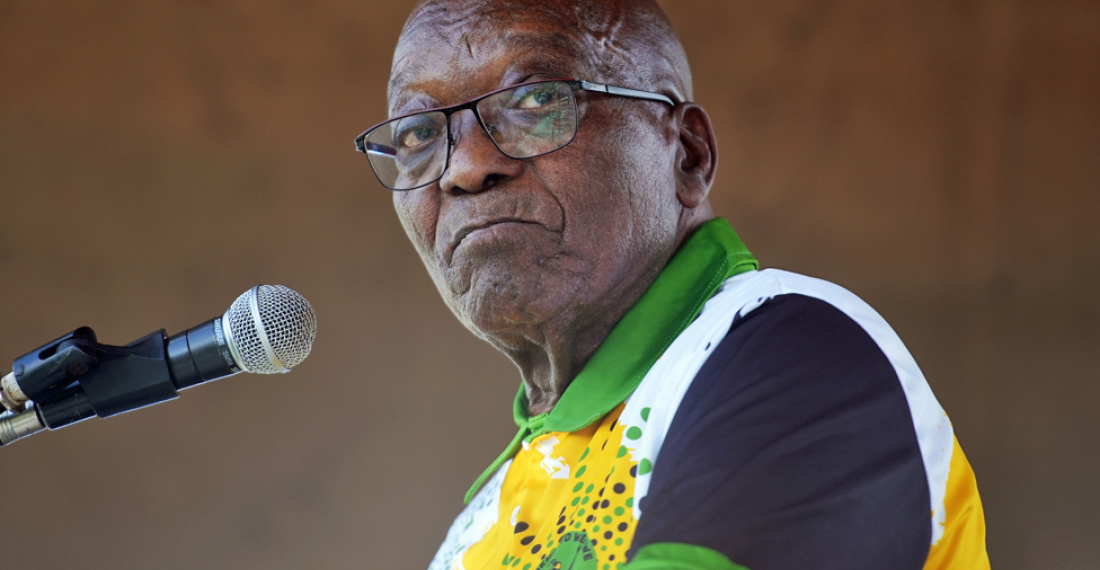It is now unlikely that former President Jacob Zuma will contest the forthcoming elections in South Africa.
Former South African President Jacob Zuma may no longer run in the forthcoming parliamentary elections scheduled for the end of May. This determination was reached by the Constitutional Court on Monday, following a judge's approval of his candidacy in a ruling rendered last month.
The 81-year-old Zuma was sentenced to 15 months in prison for contempt of court in 2021. This was due to his failure to appear before a court investigating corruption during his tenure. This conviction effectively precluded him from contesting South African elections in the future.
The South African Electoral Commission sought to uphold the ban on Zuma, but a judge rejected this decision in early April. The court did not provide an explanation for its decision. Consequently, the Constitutional Court has overturned that decision.
The Constitution of South Africa stipulates that any individual who has been sentenced to a term of imprisonment of at least 12 months is prohibited from holding office in the National Assembly.







